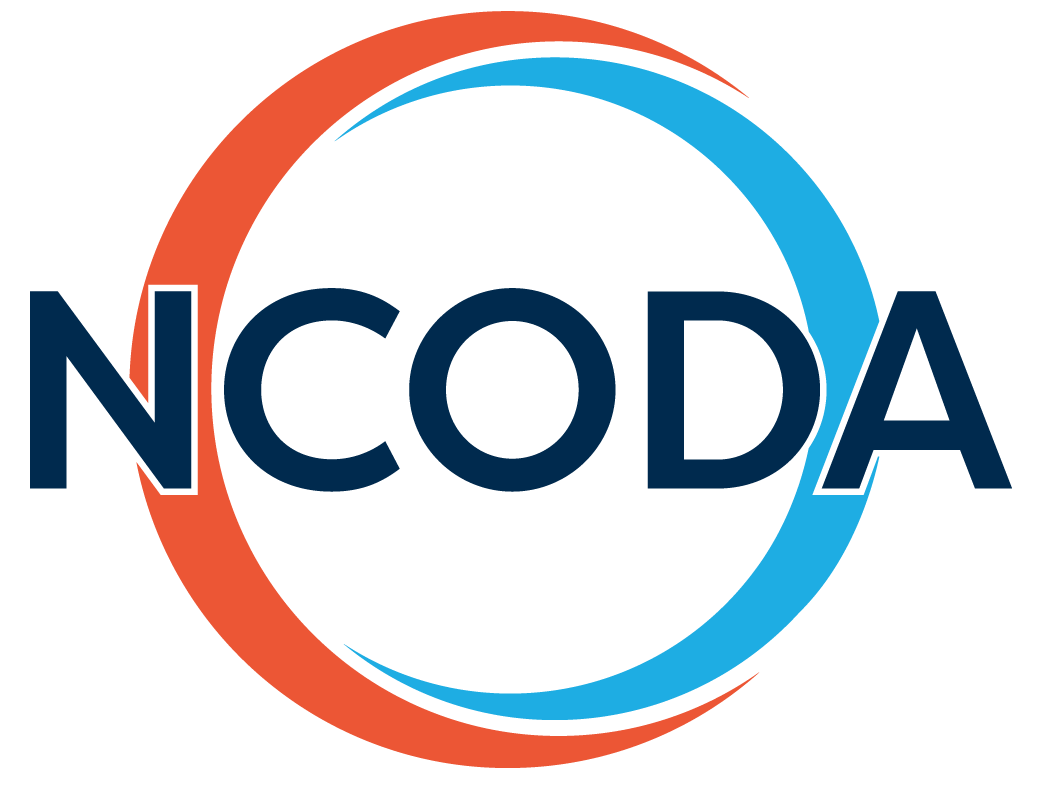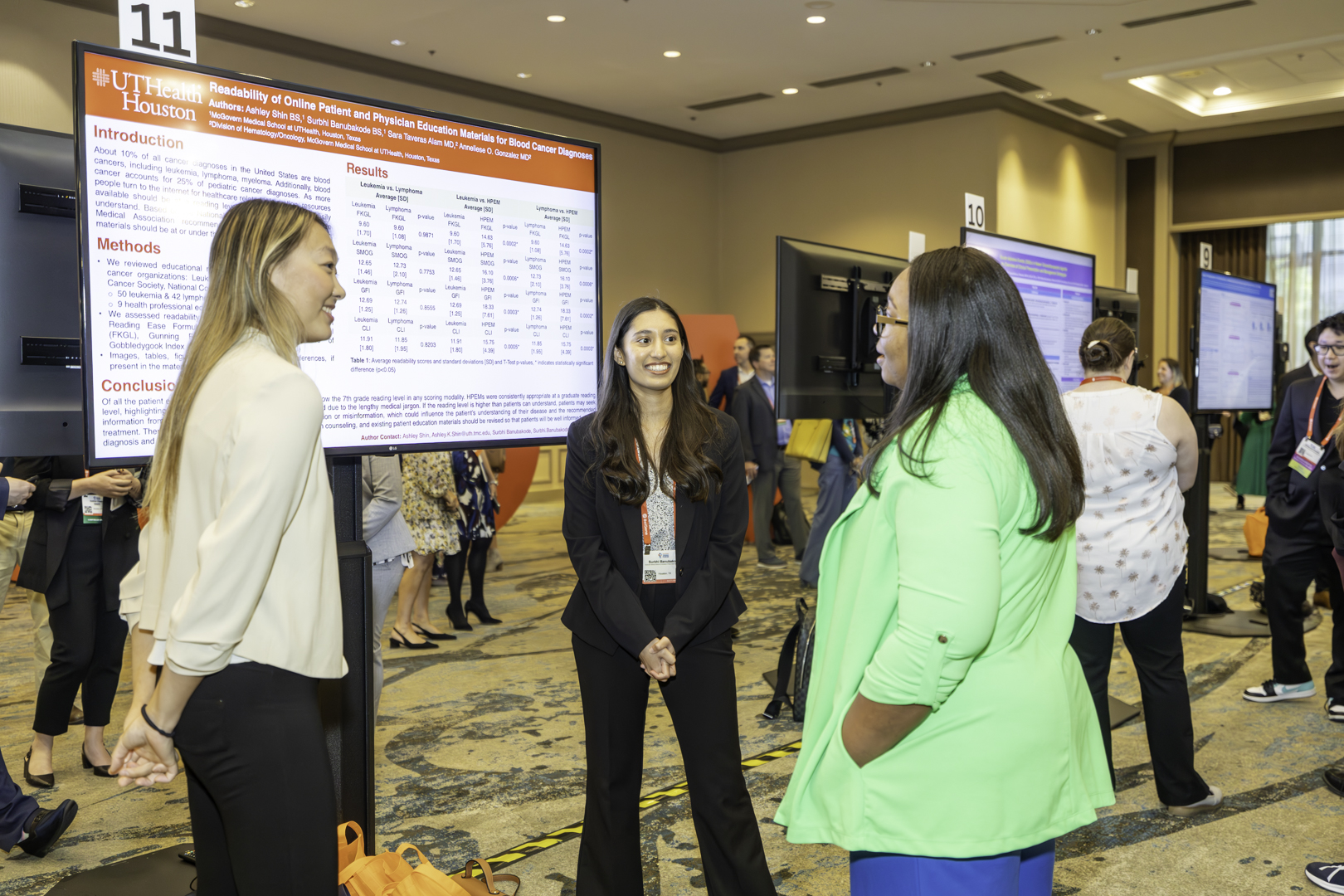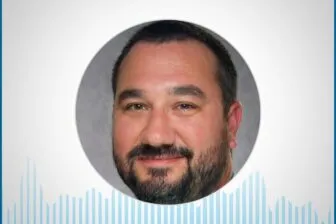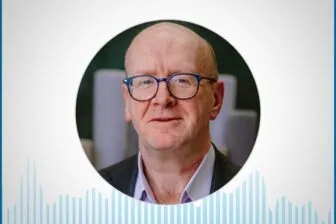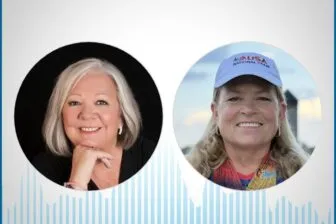2026 International Spring Forum
April 15, 2026 | 12:00 PM EST
Empowering Medically Integrated Oncology Professionals. Advancing Patient-Centered Care.
Dedicated to Excellence in Oncology Care
At NCODA, we are driven by a singular Mission: to support oncology professionals in providing the highest levels of patient care. Our passion is reflected in every resource, tool and educational platform we provide.
About NCODA
A Community of Caregivers

Our Members Are:
Pharmacists +
Pharmacists within a medically integrated oncology practice are embedded in the care team, collaborating closely with physicians, nurses, and other providers to ensure that each patient’s therapy is optimized, personalized, and well-coordinated. NCODA provides the tools, resources, and connections necessary to help pharmacists thrive in medically integrated practices.
Physicians +
The collaborative relationship that exists within NCODA helps physicians manage treatments in real time, leading to improved care and patient adherence. NCODA supports oncologists by providing collaboration opportunities and practice-enhancing tools that empower their team to deliver optimal patient care.
Pharmacy Technicians +
Pharmacy technicians are key members of the medically integrated oncology care team, supporting the safe, accurate, and efficient delivery of oral and infused cancer therapies. By empowering pharmacy technicians through complimentary continuing education and oncolytics resources, we create better continuity of care for patients being treated with oral oncolytics.
Advanced Practice Providers +
An integral member of the multi-disciplinary cancer care team, Advanced Practice Providers (APPs) deliver comprehensive care by managing treatments, monitoring side effects, and educating patients and families. NCODA supports APPs through specialized education, clinical resources, and a collaborative network designed to enhance their impact on patient outcomes.
Nurses +
Nurses are vital to promoting the importance of the medically integrated team and advocating for the improvement of managing patients receiving oral and IV oncolytics. NCODA supports nurses by offering oncology-focused education, practical tools, and a platform for shared best practices to strengthen their role in patient-centered care.
Administrators +
Practice administrators play a crucial role in the overall success and efficiency of an oncology care team. NCODA welcomes all oncology practice administrators to be part of our membership community.
Students +
NCODA’s Professional Student Organization empowers the future generation of oncology pharmacy professionals. We support students through education, mentorship, meeting scholarships, professional development and post-graduate training.
NCODA Pulse
Upcoming Events
event
2026 NCODA Global Oncology & Haematology Congress
March 11-12, 2026 | The Shelbourne Autograph Collection Hotel | Dublin, Ireland

event
2026 International Spring Forum
April 15-17, 2026 | Gaylord Rockies – Denver, CO

event
2026 Oncology Institute
August 12-13, 2026 | Atlanta, GA

event
2026 International Fall Summit
October 28-30, 2026 | Marriott World Center – Orlando, Florida

Upcoming Webinars
UPCOMING WEBINAR
Team-Based Oncology Care: Supportive Communication, Lymphoma Safety Workflows + EV-303 Insights
featuring Brandy Persson | Jennifer Hoang | Emilie Aschenbrenner,
Webinar Date: February 19, 2026 2:00 PM
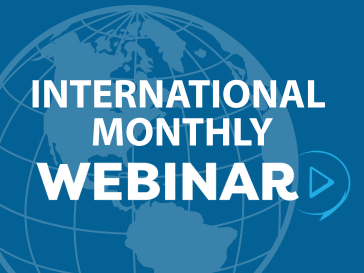
UPCOMING WEBINAR
Pharmacy Perspectives: Lifestyle Strategies & CTCAE Updates
featuring Sonia Thomas | Ming-Hei Tai
Webinar Date: February 24, 2026 5:00 PM

UPCOMING WEBINAR
Minimizing Toxicity from Amivantamab & Lazertinib
featuring Jorge J. Nieva, MD
Webinar Date: February 25, 2026 2:00 PM
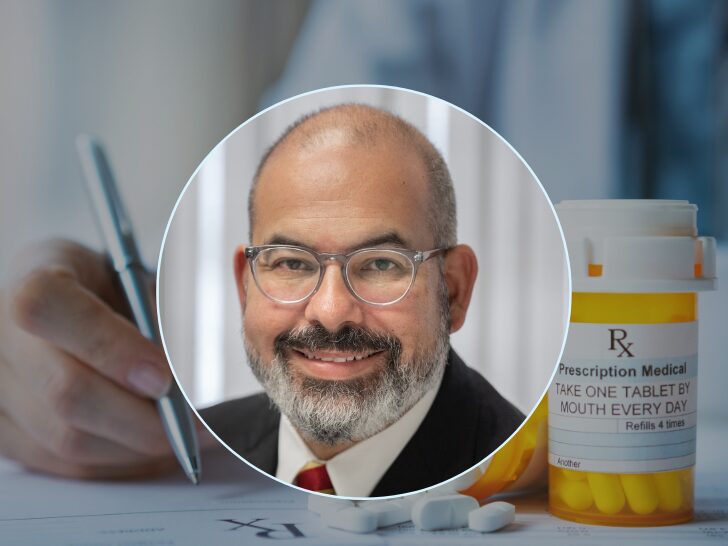
UPCOMING WEBINAR
Educational & Equity Implications of Biomarker Testing & Targeted Therapy Access in NSCLC
featuring Shawnny Eugene, PharmD, MBA, MS
Webinar Date: March 17, 2026 2:00 PM

Featured Resources & Updates
SPONSORED

Perspectives
NCODA Appoints Four New Members to Its Executive CouncilNCODA welcomes four new Executive Council members, expanding leadership expertise to advance patient-centered, high-quality cancer care nationwide.
February 4, 2026
SPONSORED

Perspectives
Drug Waste in Cancer Care: Why Real-Time Medication Management MattersFebruary 3, 2026
SPONSORED

News
PEComa Care Delivery Across the Academic–Community Oncology ContinuumJanuary 13, 2026
SPONSORED
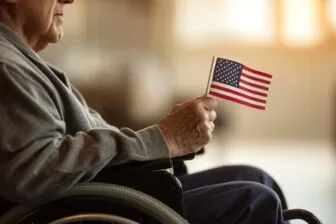
Perspectives
Expanding Access to Clinical Trials for Veterans: A Conversation with NAVREF CEO Rashi RomanoffNovember 5, 2025

Perspectives
Physician-Pharmacy Integration in Cancer Care: Pillars of Medically Integrated PharmacyJanuary 9, 2026
SPONSORED

Perspectives
Drug Waste in Cancer Care: Why Real-Time Medication Management MattersNCODA responds to a Wall Street Journal investigation by highlighting how the Medically Integrated Pharmacy model reduces oncology drug waste, lowers costs, and protects patient safety—backed by real-world cost-avoidance data.
February 3, 2026
SPONSORED

Perspectives
Expanding Access to Clinical Trials for Veterans: A Conversation with NAVREF CEO Rashi RomanoffNovember 5, 2025

Perspectives
Physician-Pharmacy Integration in Cancer Care: Pillars of Medically Integrated PharmacyJanuary 9, 2026
SPONSORED

PQI Podcast
S9 Bonus Episode: From Patient to MIP AdvocateBill Wimbiscus, a longtime journalist and NCODA collaborator, shares his multiple myeloma story and the real-world barriers between visits, plus how NCODA’s standards-driven pharmacy support helped keep care on track.
January 21, 2026
